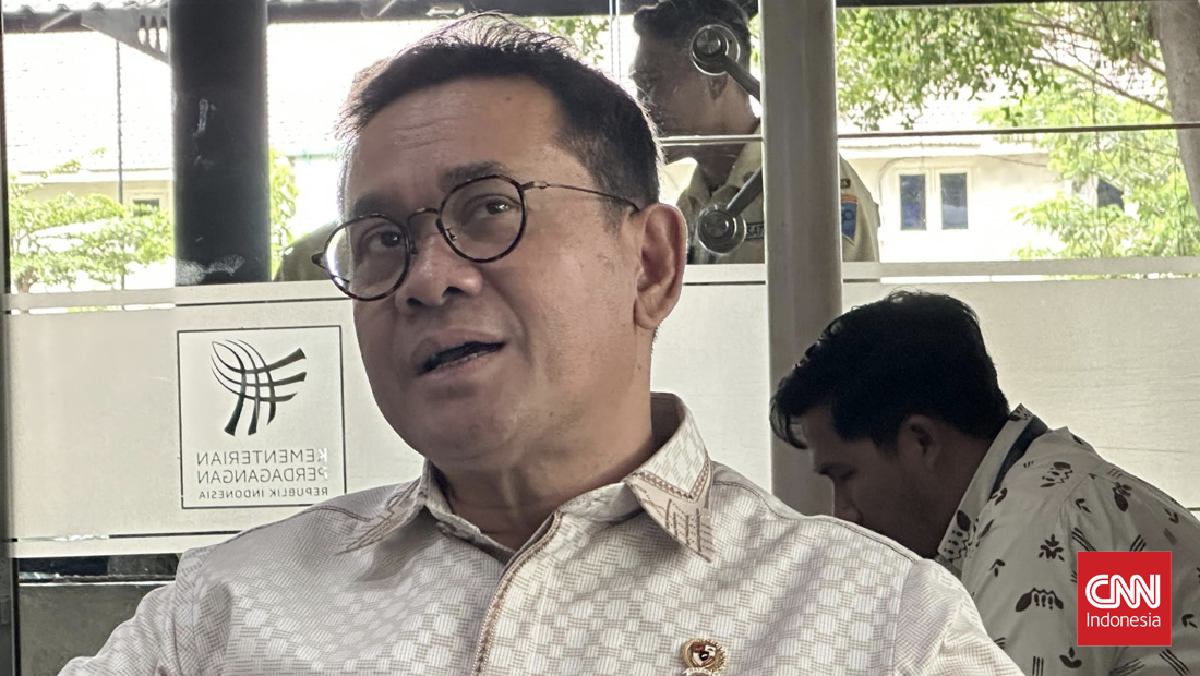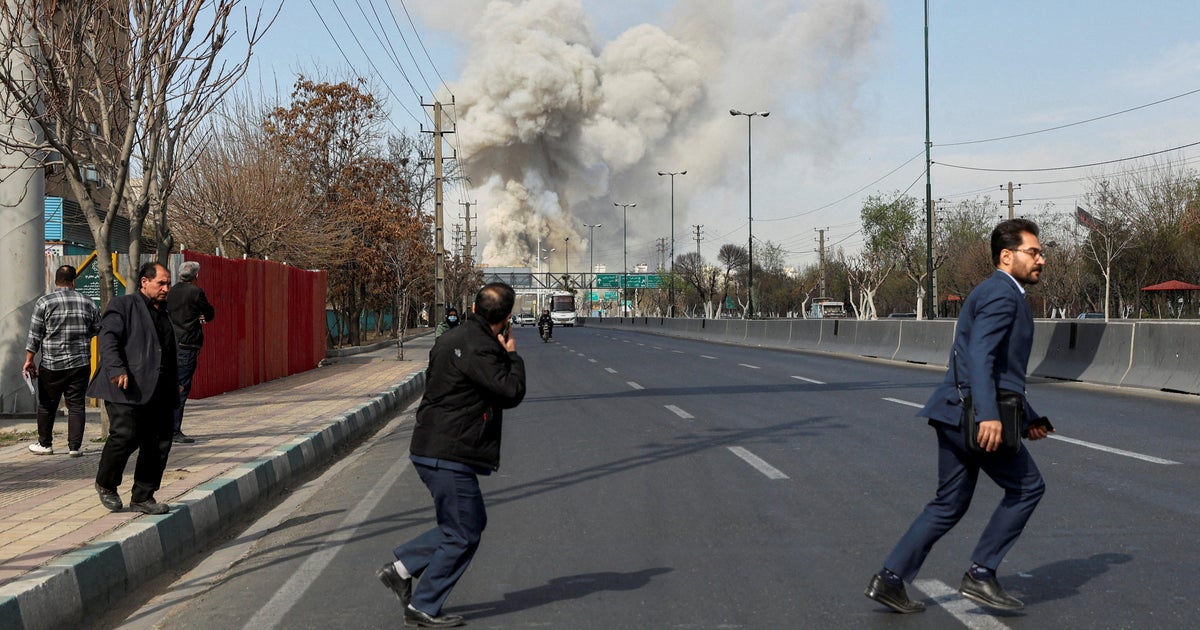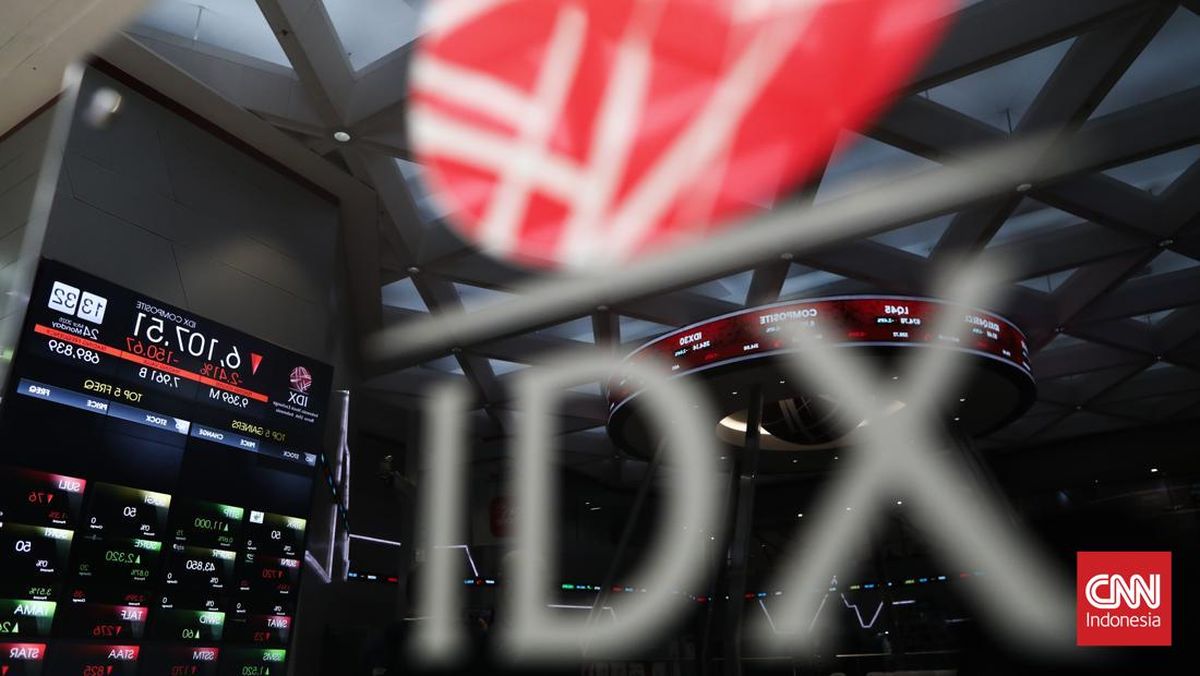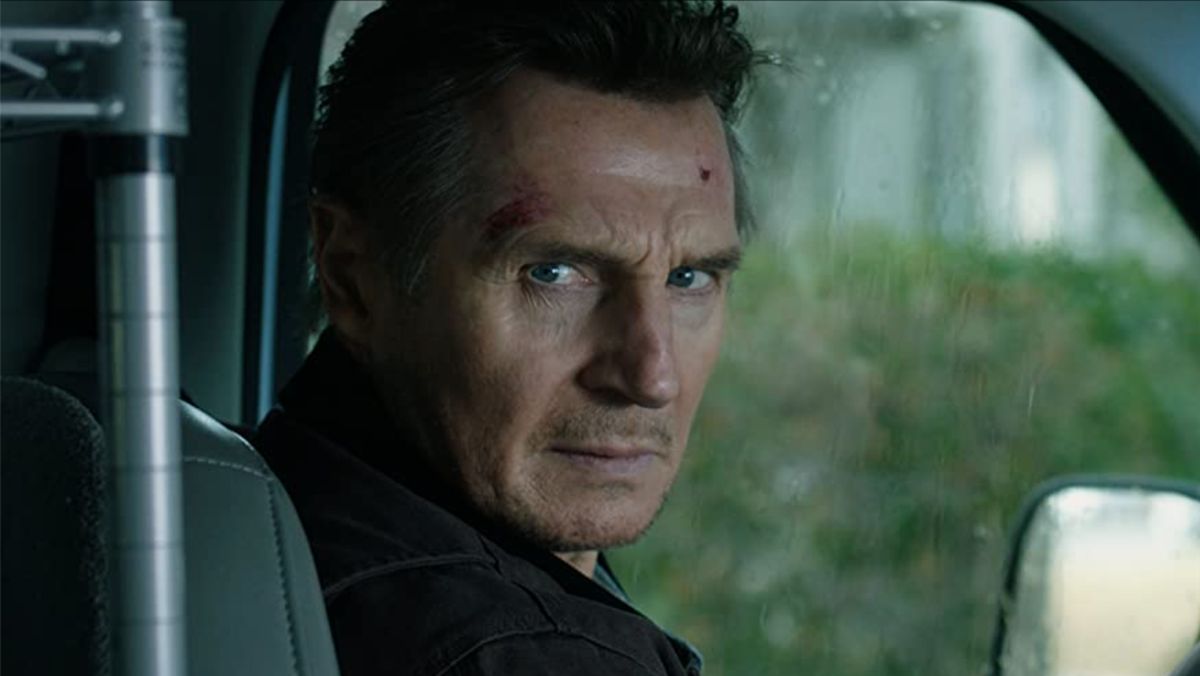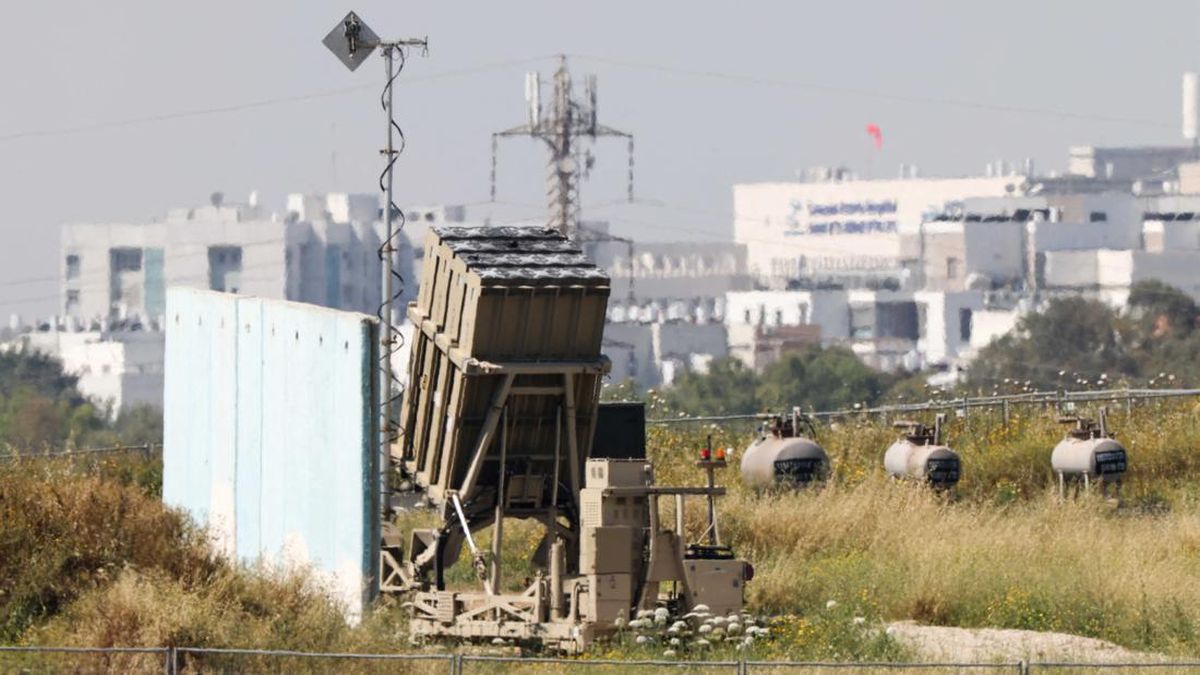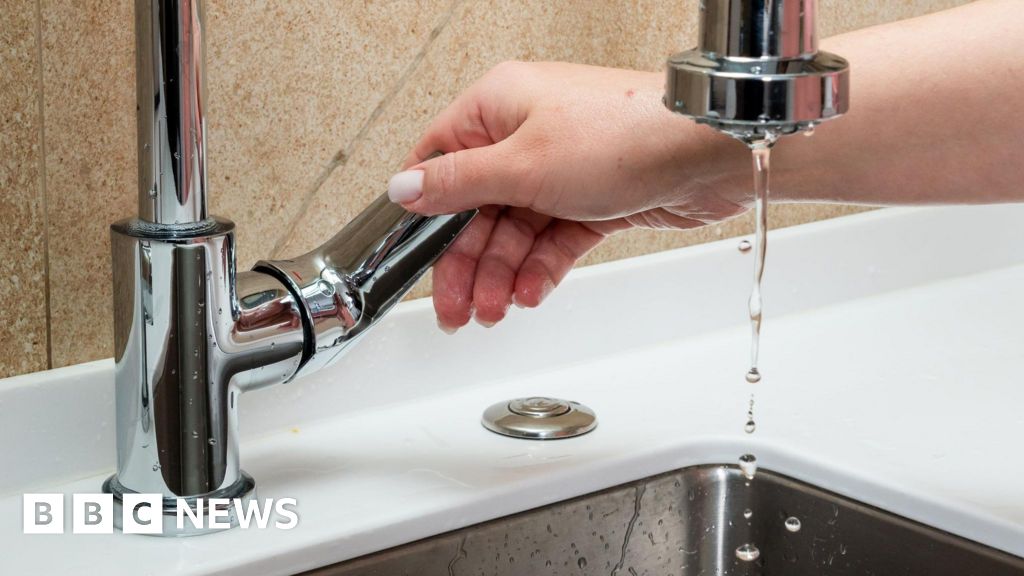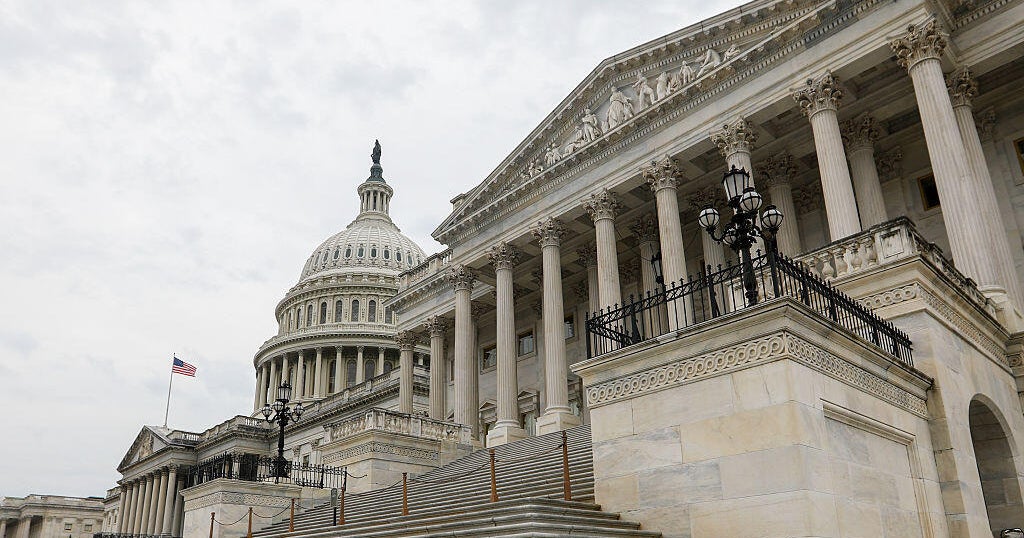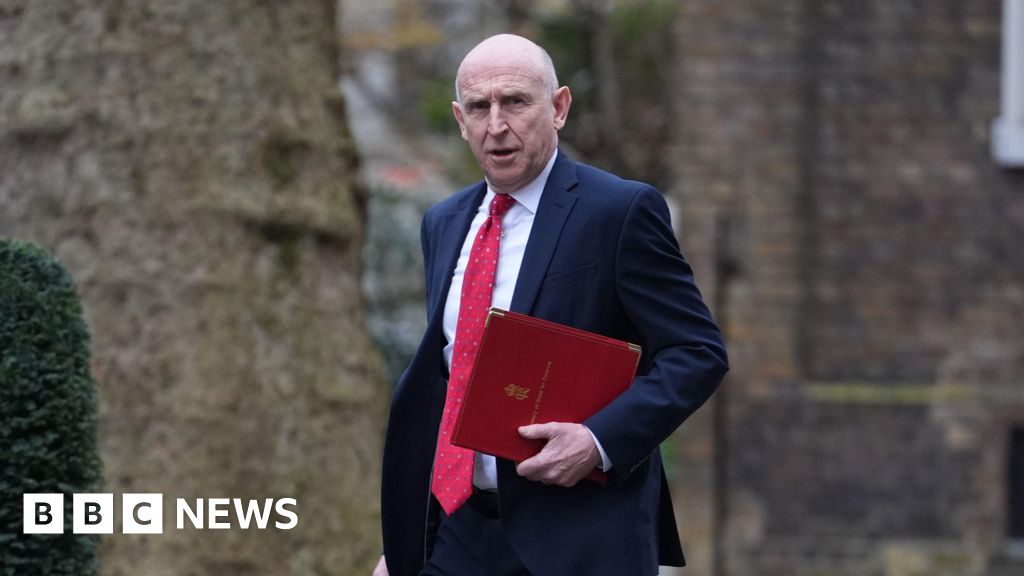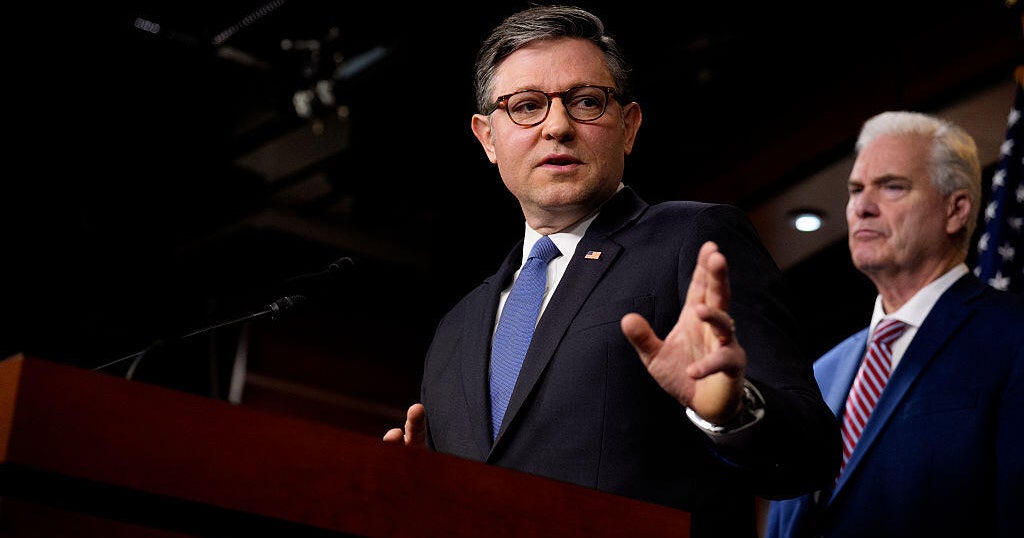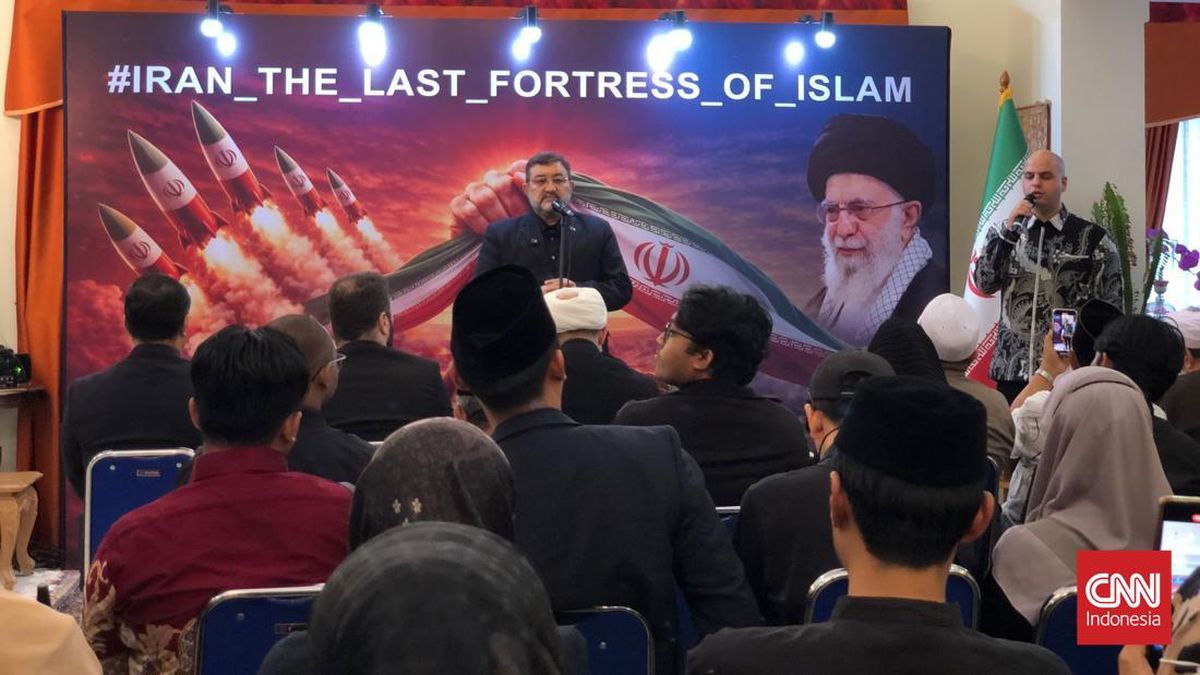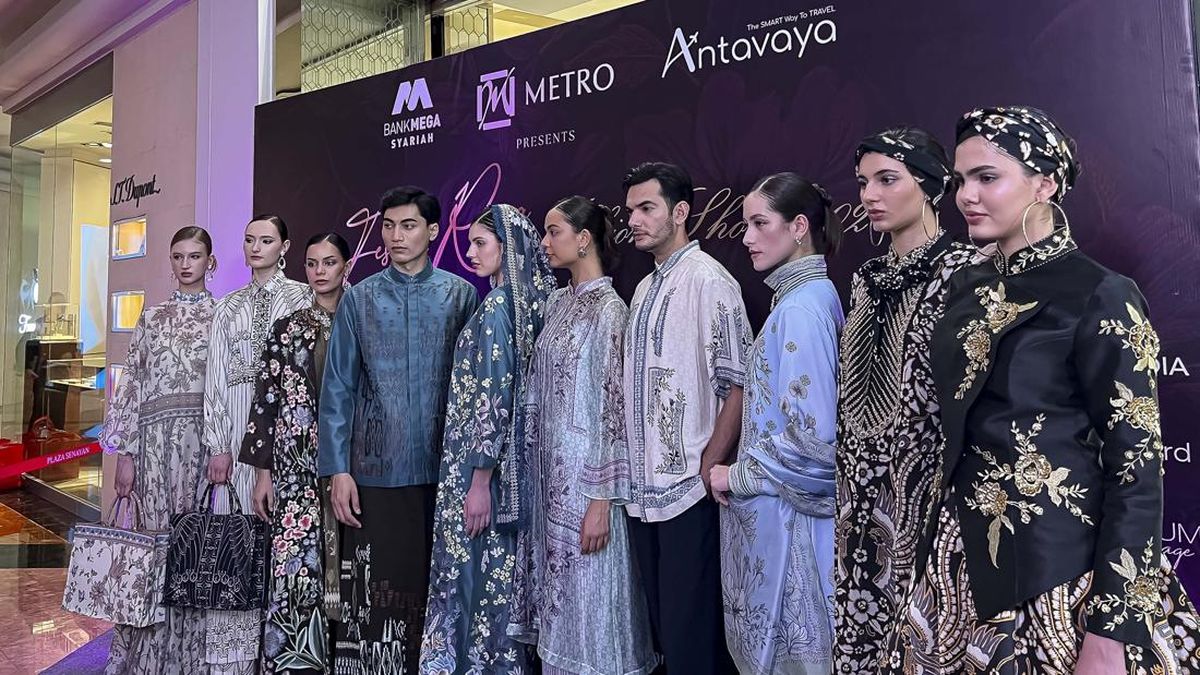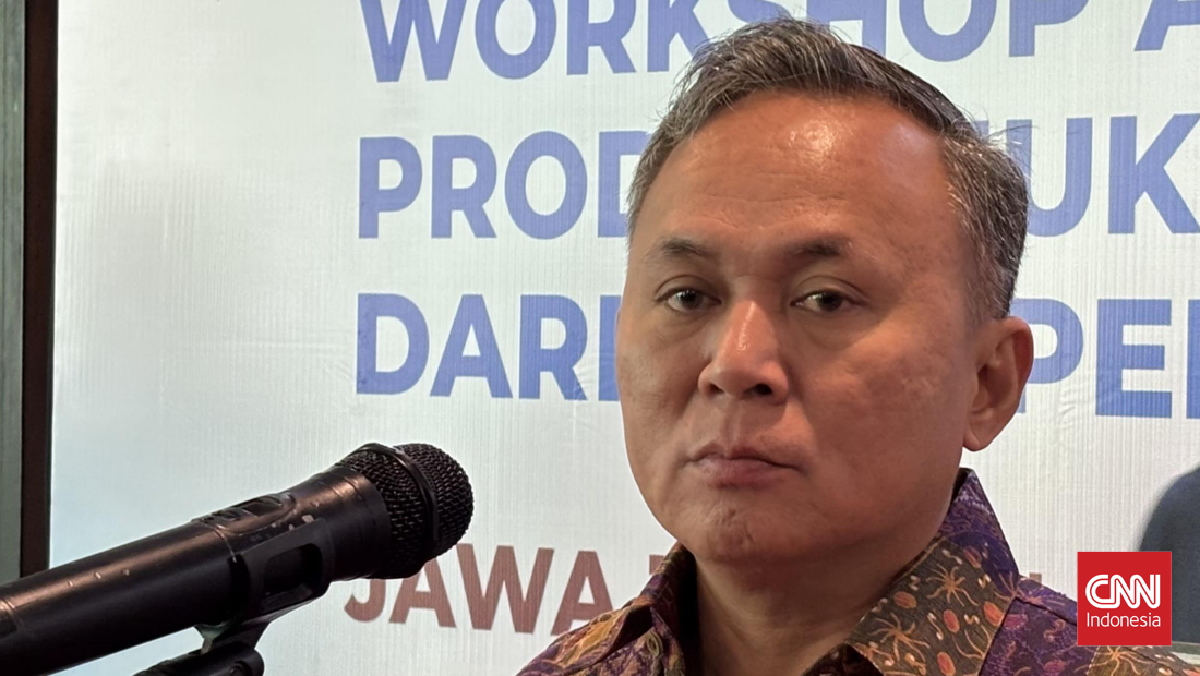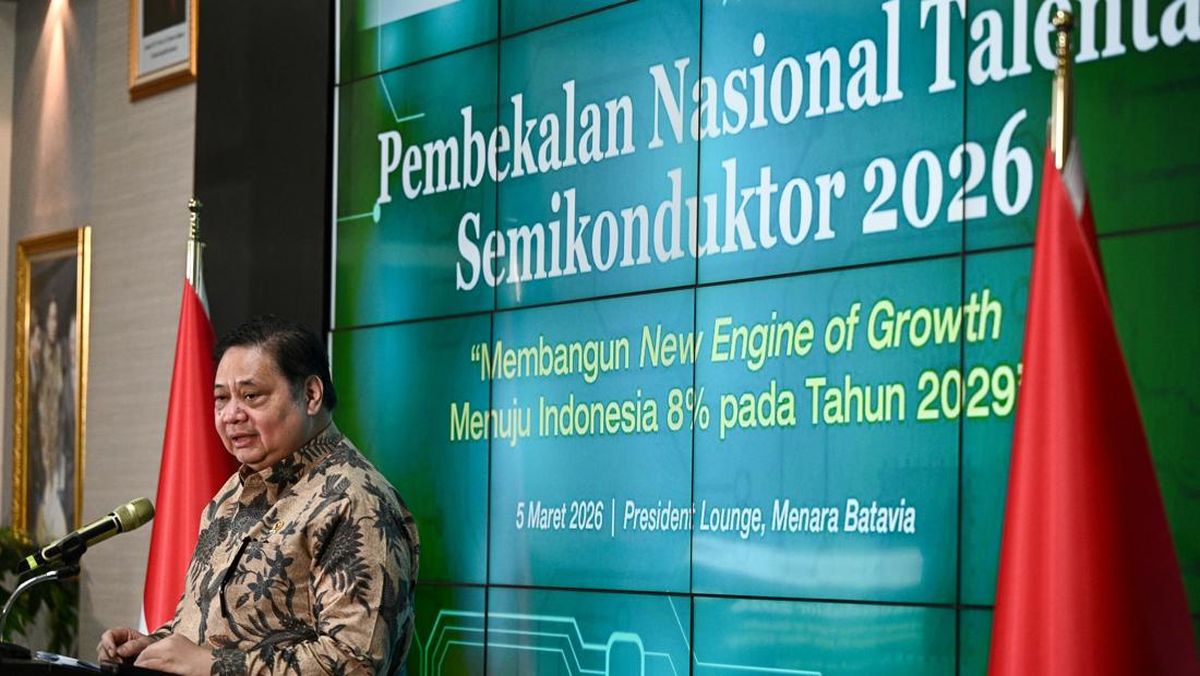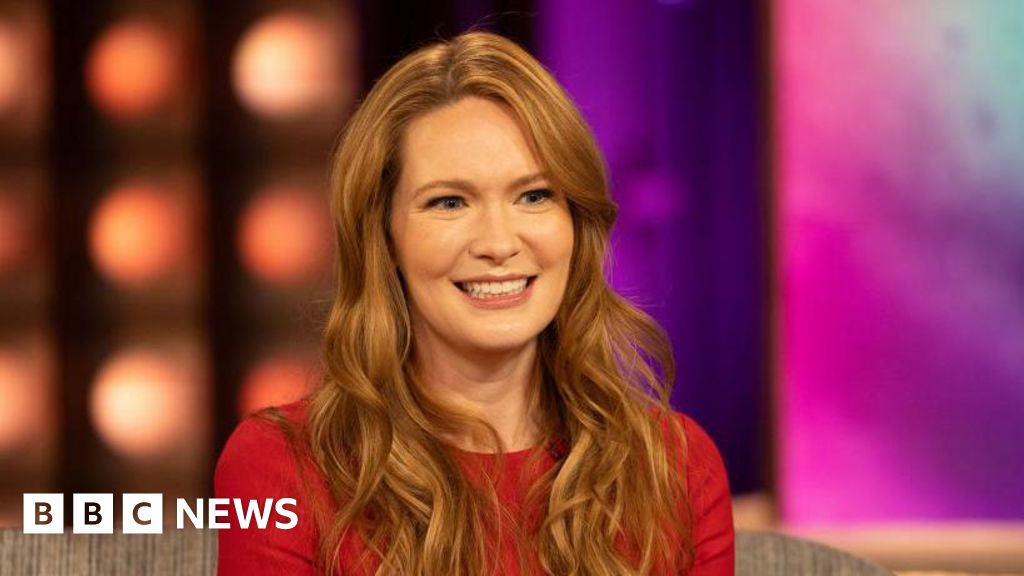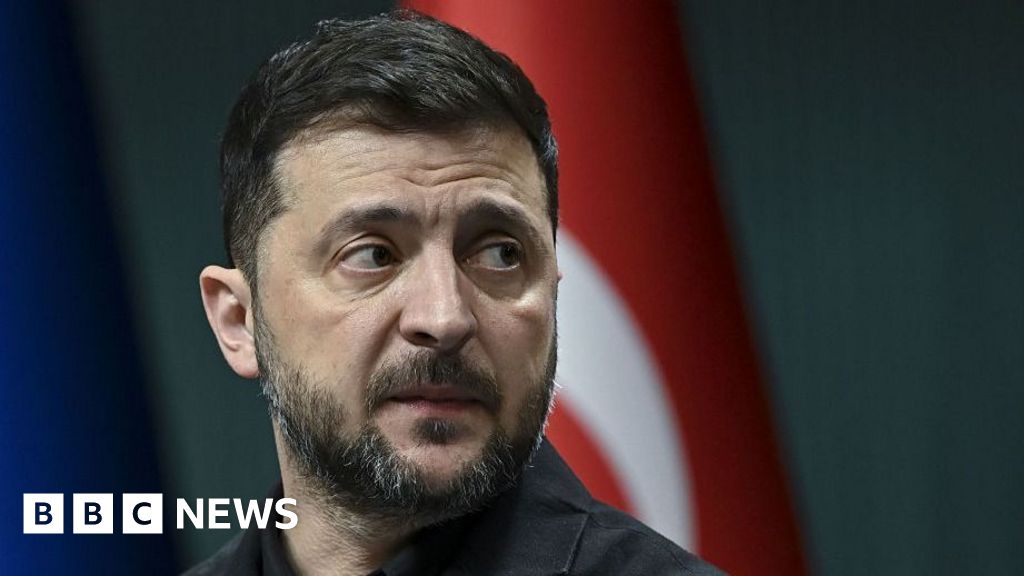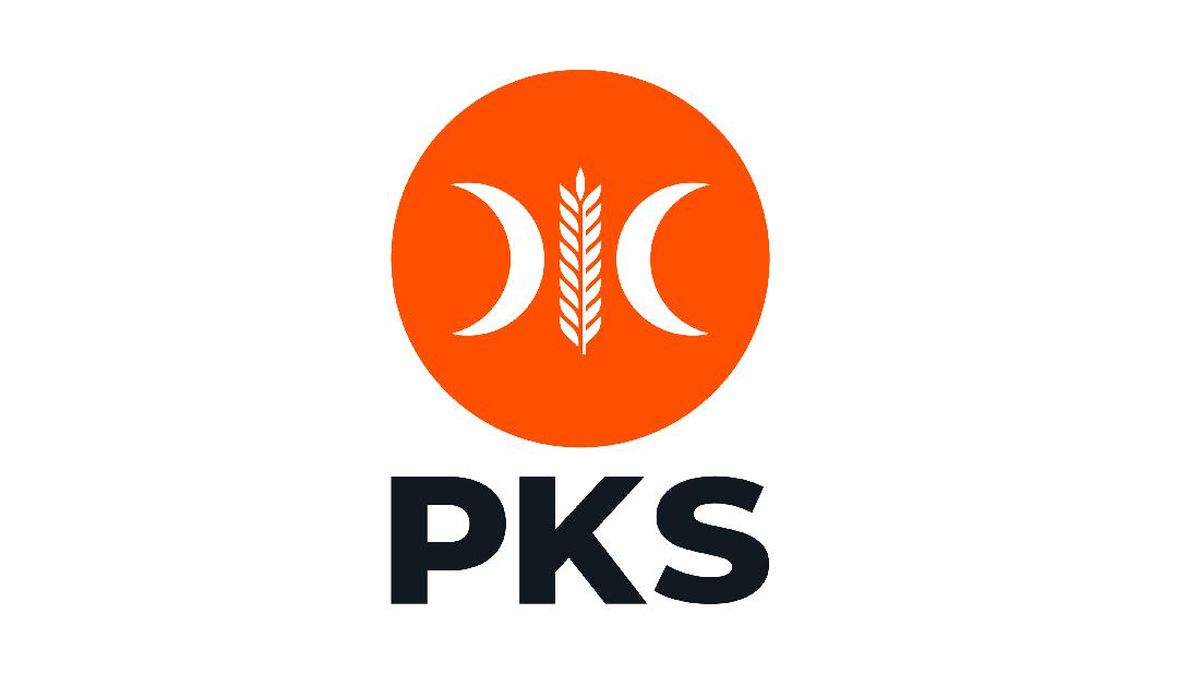Foreign Minister Penny Wong has applauded the world’s biggest oil refinery for vowing to stop using Russian crude to produce petrol and diesel for the Australian market, as Australia and the European Union move closer to striking a sweeping free trade deal.
This masthead reported this week that the largest Indian supplier of fuel to Australia, Reliance Industries, said it would end the use of Russian oil at its export refinery from the start of December.

Foreign Minister Penny Wong welcomed moves by a major oil exporter to stop buying Russian crude.Credit: Alex Ellinghausen
The Australian-Ukrainian community, however, is still calling on the government to close all loopholes allowing Russian-origin oil into Australia and join the European Union and Britain by vowing to stop any Russian energy products from entering via intermediaries.
Speaking during a visit to New Delhi to meet her Indian counterpart, Subrahmanyam Jaishankar, Wong acknowledged Reliance’s announcement that it would no longer receive shipments of Russian oil at its Jamnagar Refinery.
“And we are very pleased at these steps, and we thank Reliance for not only these measures, but also their positive engagement at this stage,” she said. “Reliance is the largest source of Indian oil and exports to Australia.”
Loading
Wong said Australia had introduced tough sanctions on Russian oil imports because “we have a very clear view that we do not want to contribute to the Russian war machine, that we think the war in Ukraine is both illegal and immoral and contrary to global interests and our national interests”.
This masthead’s Blood Oil series has highlighted the vast quantities of Russian-origin oil that have entered Australia since the war in Ukraine began and called for policy changes to help ensure Australians are not helping fund Vladimir Putin’s war machine.
Ukraine’s ambassador to Australia, Vasyl Myroshnychenko, noted that Resolve polling showed most Australians wanted to end all imports of Russian-origin fuel products to Australia.
“There is a moral contract between Australia and Ukraine to defend democracy and to defend regional security,” he said.
Loading
“That contract needs to be protected and enacted: protected against pernicious Russian narratives or giving up sovereign territory or imports of Russian blood oil.”
He said he hoped the Albanese government would soon announce its first military support package for Ukraine in over a year as Russia continued to bombard Ukrainian cities with rocket and drone attacks.
Australian Catholic University finance expert Jak Kakhkharov said Australia could do more to prevent Russian-origin oil from entering the country, including by joining Europe in announcing stricter secondary sanctions against refined products linked to Russian crude.
The government should also improve transparency and screening of oil supply chains, Kakhkharov said: “The EU is tightening the screws; Australia has moved closer but still prioritises affordability.”
Isaac Levi, from the Finland-based Centre for Research on Energy and Clean Air, which tracks Russian oil shipments, said: “If Australia is serious about supporting Ukraine and upholding sanctions, it must follow the UK and EU by announcing a ban on imports of fuels refined from Russian crude and shutting down the backdoor channels that continue to finance Russia’s aggression.”
Levi said he believed that Russian-origin oil was entering Australia through intermediaries such as blending or re-export terminals in Malaysia, as well as India.
European Union trade commissioner Maroš Šefčovič was careful not to criticise Australia when asked on Friday whether the country should join the European Union in introducing secondary sanctions.
“I think that what we very much appreciate is the fact that Australia is a non-NATO country but one of the most supportive of our efforts, vis-a-vis Russia from the point of view of international sanctions, but also from the perspective of political and financial support for Ukraine,” he said.
Šefčovič said there was momentum to reach a free trade deal with Australia, predicting the negotiations would enter their final stages early next year.
Loading
“We are very optimistic,” he told reporters in Melbourne. “At the same time, we know that the last mile is the most difficult one, so we still need time to finalise all the details to make sure that we would focus on the most difficult things, which are usually resolved as the last one on the top political level.”
Prime Minister Anthony Albanese was preparing to hold a bilateral meeting with EU President Ursula von der Leyen in Johannesburg on Friday on the sidelines of the G20 summit to discuss the proposed free trade pact.
Trade Minister Don Farrell said: “We’re committed to getting an agreement and working as fast as we can to get there. It’s going to be an important step forward: Europe [has] 450 million people, trillions and trillions of dollars of GDP.”
Most Viewed in Politics
Loading


